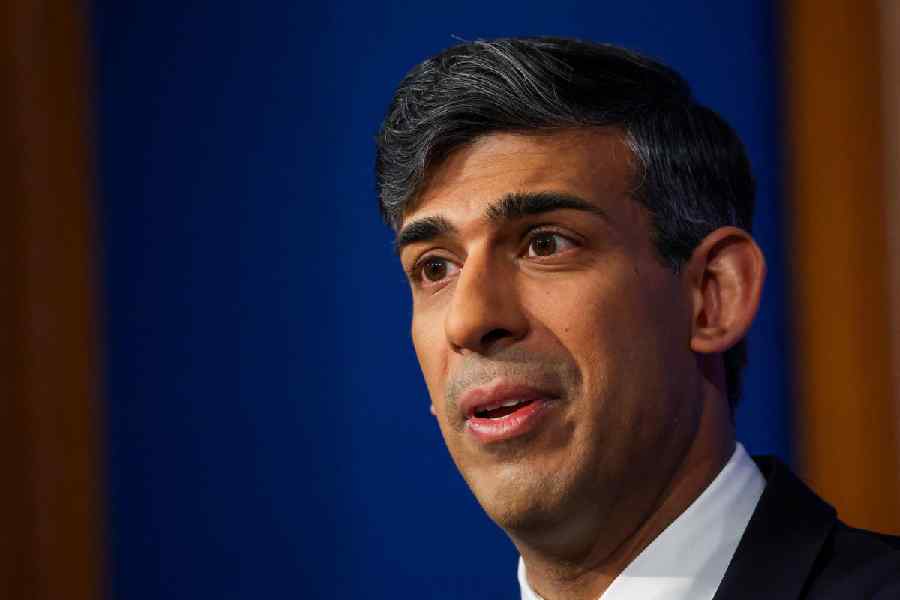In calling for elections on July 4, the British prime minister, Rishi Sunak, has brought to an early end his short term as the country’s top elected leader. He was widely expected to call for elections in the autumn and reports suggest that Mr Sunak’s decision to advance that date significantly caught many within his own Conservative Party by surprise. Now, as he leads his party into the general election, Mr Sunak faces the challenge of defending his government’s record over the past year and a half as well as his party’s successive governments since 2010. Opinion polls suggest that the odds are stacked against the Conservative Party, with the Opposition Labour Party expected to win a comfortable majority. Polls also show that the state of the economy, followed by health and migration, are the top concerns for voters. Yet, each of those three issues, while being domestic political concerns, is closely related to the Conservative government’s handling of Britain’s foreign relations in recent years.
Research shows that the British economy and job market are yet to recover from Brexit. The National Health Service, once a source of British pride, is in a shambles, with a severe shortage of medical staff — caused in part by Brexit — leading to long delays in appointments for people needing care. Meanwhile, on immigration, Mr Sunak’s decision to call for early elections means that the first flights to Rwanda, under a controversial plan to deport asylum seekers to the East African country, will not take off before the July 4 vote. In effect, the timing of the election will ironically rob the Conservative Party of a key election slogan. With Mr Sunak likely poised to demit office, it is also timely to look at the expectations some in New Delhi had that Britain’s first Indian-origin prime minister might help strengthen relations between the United Kingdom and India. In fact, while Mr Sunak has said all the right things about bilateral ties, his policies have done little to improve them. His promise to introduce stricter student visa regulations will hurt the interests of Indian students. Talks on the India-UK trade deal have been put off once more. As the UK prepares to vote for its next government, New Delhi must watch closely, but without too many expectations. Whoever forms the next government in Britain will face difficult domestic challenges. No matter what it says, bolstering ties with India is unlikely to be a priority.










